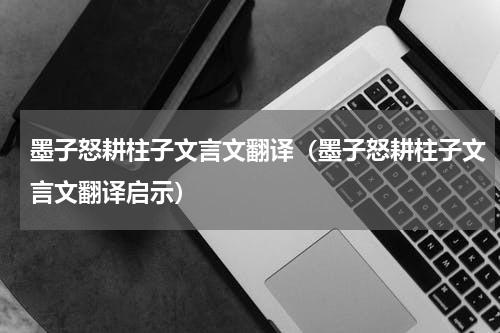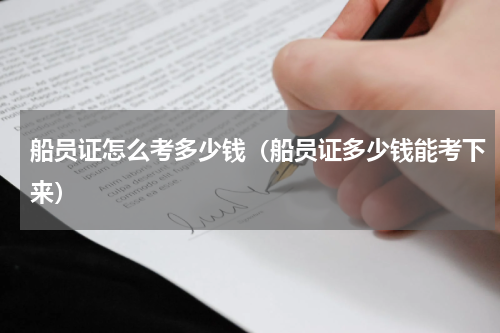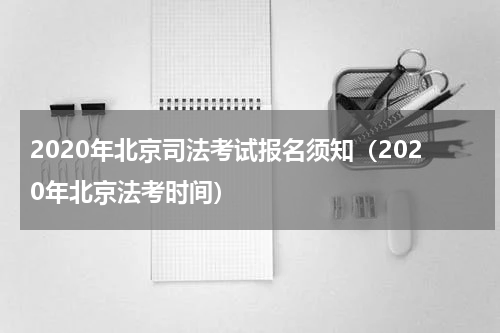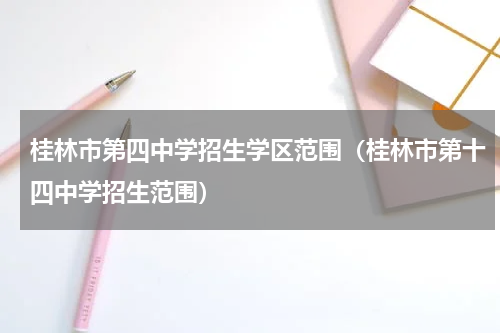TheoriginandsymbolismofmakingdumplingsforChineseNewYear(春节包饺子的来历和寓意英语):ThetraditionofmakingdumplingsduringChineseNewYearhasalonghistorydatingbacktoancienttimes.Thereareseveraltheoriesregardingitsorigi
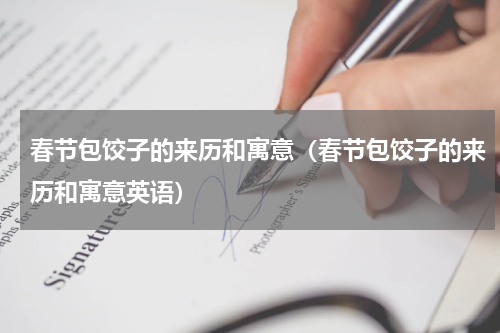
The origin and symbolism of making dumplings for Chinese New Year (春节包饺子的来历和寓意英语):
The tradition of making dumplings during Chinese New Year has a long history dating back to ancient times. There are several theories regarding its origin, but the most popular one is related to an ancient Chinese doctor named Zhang Zhongjing.
According to legend, during the Eastern Han Dynasty, there was an epidemic that was spreading in a small town. Many people were falling ill, and the doctor, Zhang Zhongjing, was determined to find a cure. He noticed that the ears of the villagers were turning red due to the freezing winter.
To treat the frostbite, Zhang Zhongjing made a mixture of mutton, chili, and herbs, and wrapped it inside thin dough wrappers. The dumplings, when boiled, helped warm the villagers' bodies. Miraculously, the epidemic was soon brought under control, and the town was saved.
Since then, making and eating dumplings has become a tradition during Chinese New Year. It is believed that eating dumplings during this auspicious time helps to drive away evil spirits and bring good fortune. The round shape of the dumplings is said to represent family reunion, as it resembles the shape of the full moon during the Lunar New Year.
In addition to their symbolism, dumplings are also popular during Chinese New Year because of the sense of togetherness they bring. The process of wrapping and cooking dumplings involves family members working together, strengthening their bond and fostering a sense of unity.
Overall, making and eating dumplings during Chinese New Year not only represents good fortune and family reunion but also serves as a reminder of the rich cultural heritage and values that Chinese people hold.

